On Jan. 26, we’ll finally learn the lineup for this year’s edition of the biggest fighting game tournament in the world.
We don’t know how many games will be featured at Evo in Las Vegas, but it’s a pretty safe bet that the event will be much larger than its first iteration, Battle By the Bay, a two-game event in 1996 where a few dozen participants played for a few hundred dollars in prizes.
By comparison, Evo 2015 featured nine games, 7,000 participants, 12,000 attendees, 250,000 concurrent viewers at its peak, and more than $300,000 in prizes, all of which were record figures. Most if not all of those records will be likely to fall again this year, regardless of which games make the cut.
Over the past 20 years, Evo has grown into the top tournament in fighting games. The reasons why go beyond the tangible—the most players, the most viewers, and the biggest prizes—and into the intangible. The tournament’s size and reputation has attracted not only the most players, but the best players from around the world. In many cases, a player who wins Evo is considered the game’s world champion. (That perception grew stronger in 2012 when Japan’s annual Super Battle Opera, arguably the only tournament that could be considered similar in stature, ended operations.)
In the fighting game world, Evo has long represented the biggest everything to everyone. But changes in the way fighting game developers approach esports are about to present Evo with an even bigger challenge: figuring out what to do when it isn’t the biggest everything.
A changing competitive landscape
For years, fighting game developers took a hands-off approach to the competitive scenes for their games. Developers would sometimes organize a tournament around a game’s launch to help promote it, but they rarely organized any events beyond the launch window. Additional tournaments for those games were only run as part of independent, community-organized events like Evo. Developer support, when it happened, usually came in the form of a few thousand dollars added to the tournament’s prize pool.
Over the last few years, however, we’ve seen a sea change in the approach developers and publishers take to esports. Now developers are taking a far more active role in promoting their competitive scenes. The biggest of these changes has been the recent rise of the season-long “cup” which connects a number of tournaments to a year-end championship event. In most cases, the grand finale is an event created and run by the developers themselves.
The cup trend has taken hold quickly. Of the eight games that made up the Evo 2014 lineup, only two had some sort of developer-supported cup event. Just one year later, six of the nine games at Evo either had such an event or will have one in early 2016.
Capcom led this charge with the Pro Tour for its Street Fighter IV series, which saw an explosive growth in popularity this year. The company had organized a handful of qualifying events for smaller-scale year-end tournaments in 2012 and 2013, the latter of which was the first Capcom Cup. It expanded the idea to a global series of community-run events in 2014 with the birth of the Capcom Pro Tour.
Capcom’s partnership with Sony for the development of Street Fighter V brought a significant financial investment in the tour last year. With Sony’s investment, Capcom gave out cash prizes of $15,000 for Premier events, $50,000 for Evo, and $250,000 for Capcom Cup, all of which were five times greater than the 2014 amounts. This investment made qualifying for Capcom Cup the driving force for many players in 2015. The $120,000 awarded to the man who won Capcom Cup 2015, Ryota “Kazunoko” Inoue, was greater than the combined first place prizes for every Street Fighter IV tournament at Evo since the original game’s release in 2009.
Many other fighting games saw similar efforts last year. Mortal Kombat X, Killer Instinct, Dead or Alive: Last Round, and Tekken 7 all had some form of developer-sponsored championship event. Instead of building an entire series from scratch, the games’ developers built up their tours on the history and credibility of the existing events: All of these series (except for the ESL-run Mortal Kombat X Pro League), held at least some of their qualifying tournaments as part of a community-run event.
Evo’s present—and future
Evo certainly benefited from these tours—the event served as the highest-grade qualifier for most of them. Developers contributed a combined $200,000 to prizing at Evo 2015 for their respective games, up from the $50,000 at the previous year’s event. Fans of games not in the official Evo lineup—including Dead or Alive 5: Last Round and King of Fighters XIII—still had reason to attend the event, as tours for those games held their own qualifying events in the Evo’s “bring your own console” area.
Yet while Evo benefits from these, they also present challenges going forward. Evo is able to influence other events in terms of game choice and competition format. Many players want to play by “the Evo standard,” but they do not have any explicit control over other community events, nor do those events hold any explicit control over Evo.
Developers, however, do have a form of control. Capcom’s success with the Pro Tour has allowed the publisher to become a kingmaker of sorts when it comes to selecting events to become a part of the tour, as evidenced by the nearly 30 percent drop in participants that East Coast Throwdown saw for its Street Fighter IV tournament when a mid-tournament bracket adjustment eliminated it from consideration for the 2015 tour. Other tours could gain that same power over their games should they continue to grow in stature.
Even if Evo has no desire to run afoul of Capcom’s wishes, this power shift changed the nature of the relationship between the two organizations. Evo’s recent growth has closely mirrored that of the competitive Street Fighter IV scene since the game’s release in 2009, and the relationship has been symbiotic—Street Fighter IV was the biggest game in the Evo lineup, and Evo was the biggest event of the Street Fighter season. Yet as long as the Capcom Pro Tour exists, the company will pour resources into making Capcom Cup the marquee event on the Street Fighter V calendar. Should other series find similar success, it’s not impossible to imagine other developers taking the same approach.
Evo has also seen growth in its Super Smash Bros. tournaments, the biggest scene that does not have any sort of developer-supported championship. Last year’s Smash WiiU and Melee tournaments each drew more than 1,800 entrants, making them the largest in each respective game’s history. Yet with community-organized Smash-centric tournaments like Genesis, Apex, and The Big House all drawing huge numbers, there is no guarantee that Evo—an event that focuses on the fighting game community as a whole—will remain the biggest weekend on the Smash calendar.
All of this might sound like an early eulogy for Evo. It’s not. The growth the event has seen over the past few years will surely continue as the launch of Street Fighter V and the home release of Tekken 7 will bring even more players into the fighting game community in 2016. The event’s organizers have set the bar in terms of production and execution year after year, and with the talent and experience at the organizers’ disposal, it’s quite unlikely that Evo 2016 will not do the same. And as a celebration of—and party for—the entire fighting game community, Evo remains second to none.
But Evo will change. It has to if it wants to thrive in this shifting fighting game landscape. Those changes probably won’t be apparent when Evo announces the games that will make the 2016 lineup. They might not even be apparent at Evo 2016. It will still be one of the best events of the year, and it will still be a great event for fighting games and the communities around them.
It just might not be the biggest event.
Photos via Capcom, Warner Bros., and Nintendo | Remix by Jacob Wolf
Need more fighting game action? Make sure to check out Best of III on Youtube!



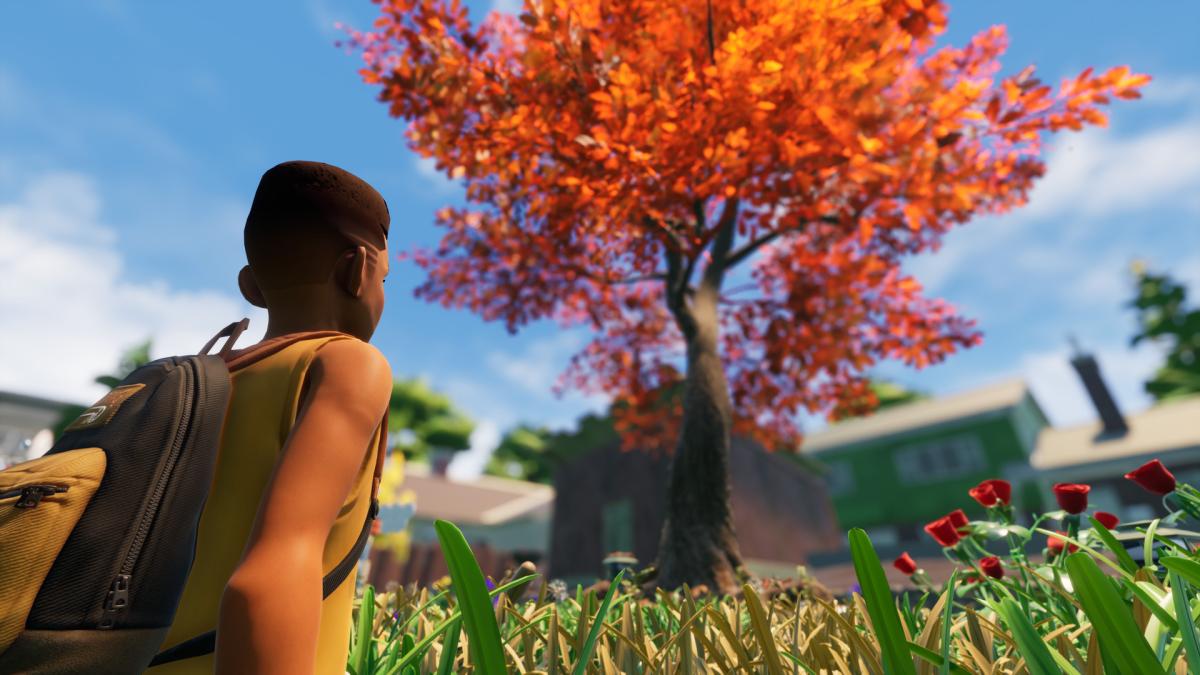
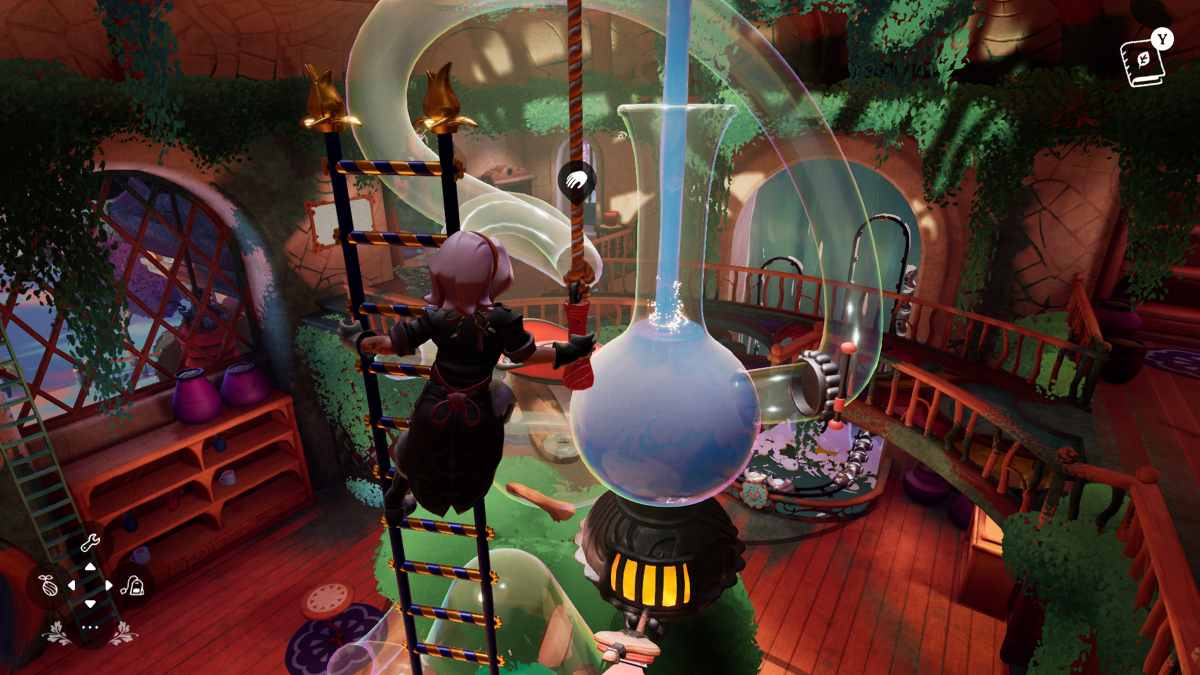
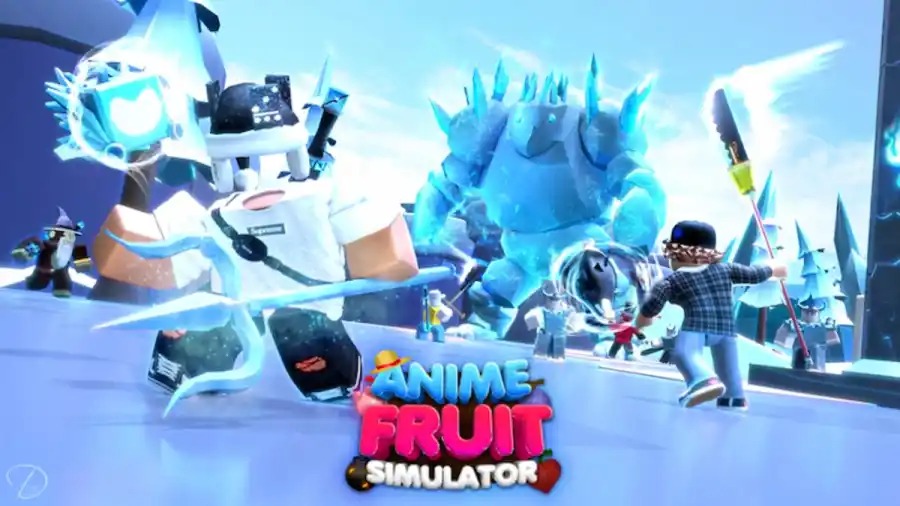
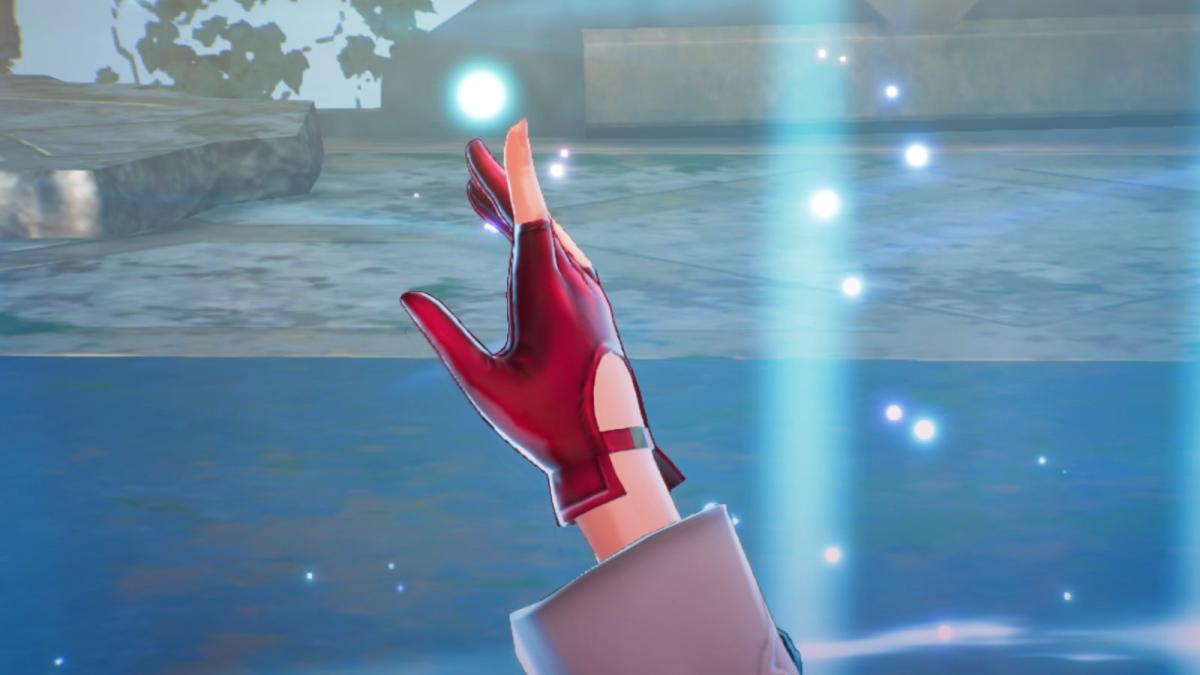
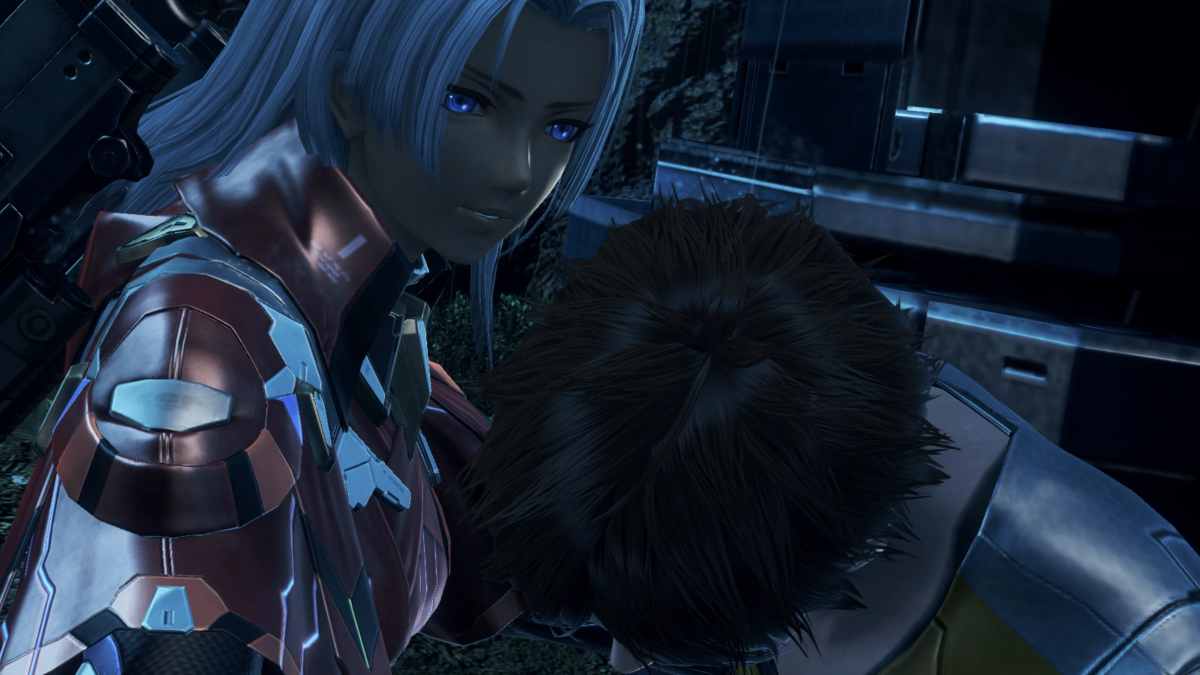
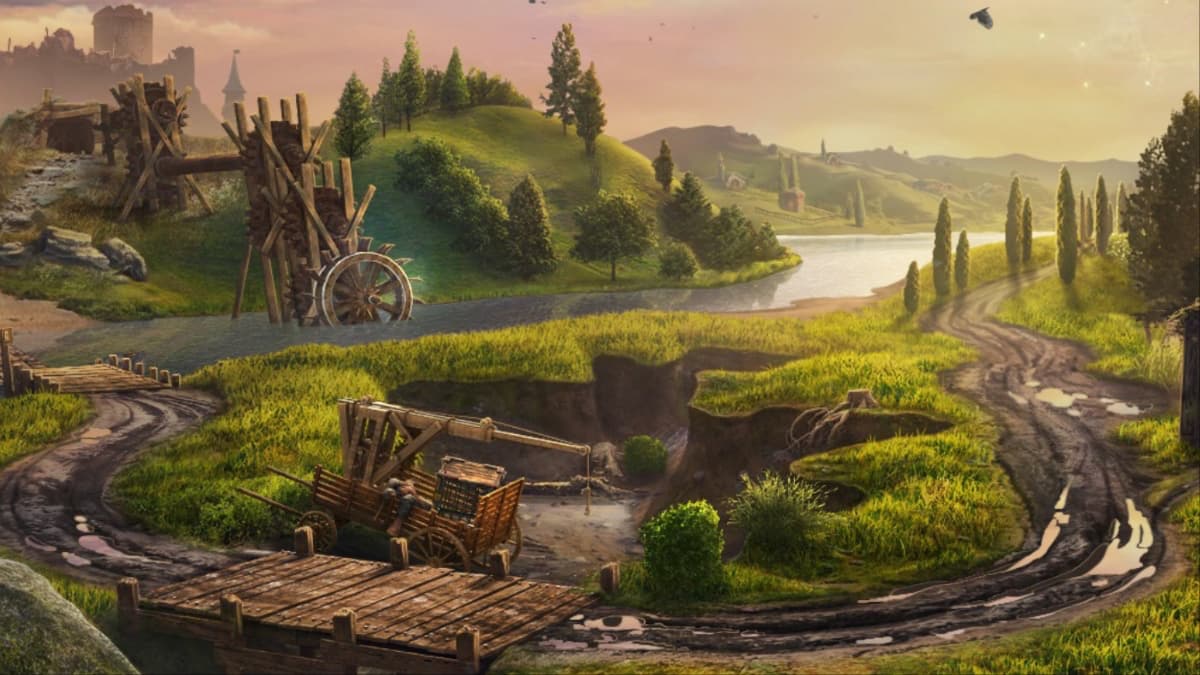
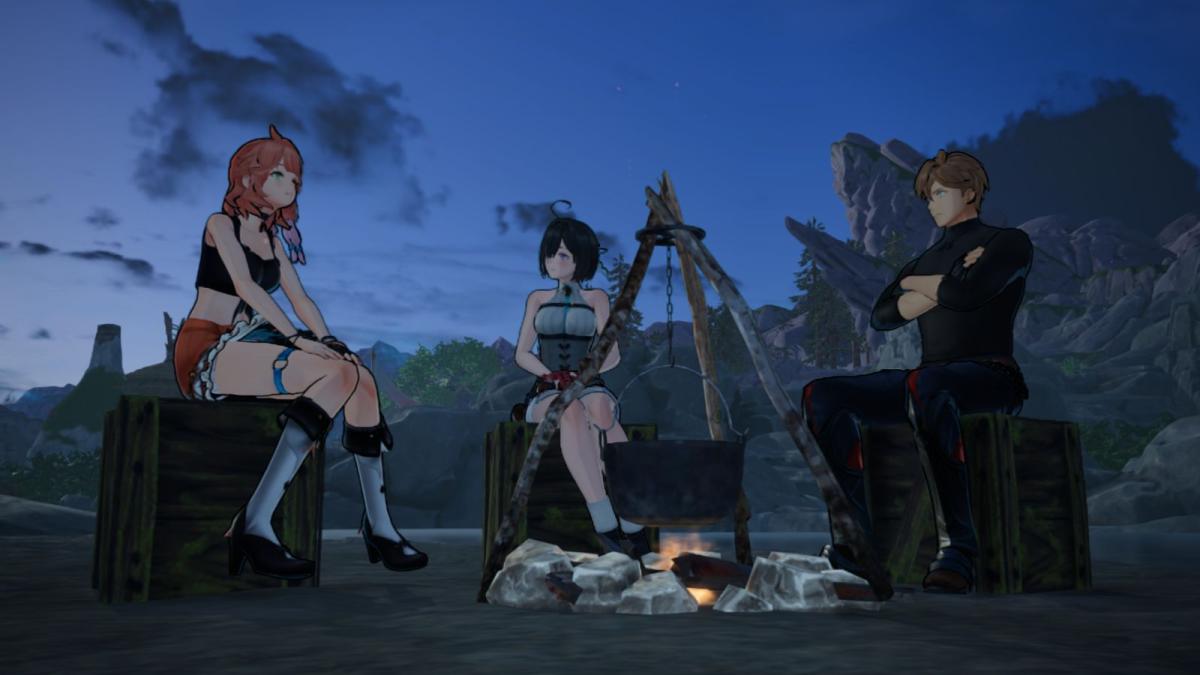
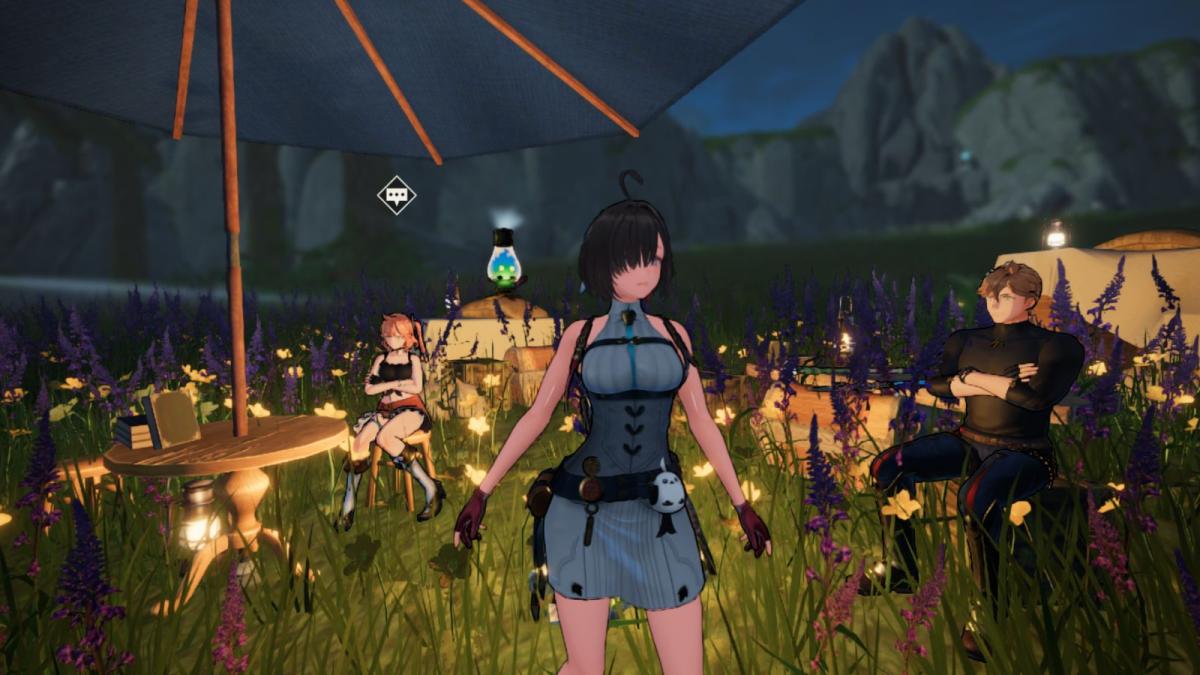

Published: Jan 22, 2016 08:27 am